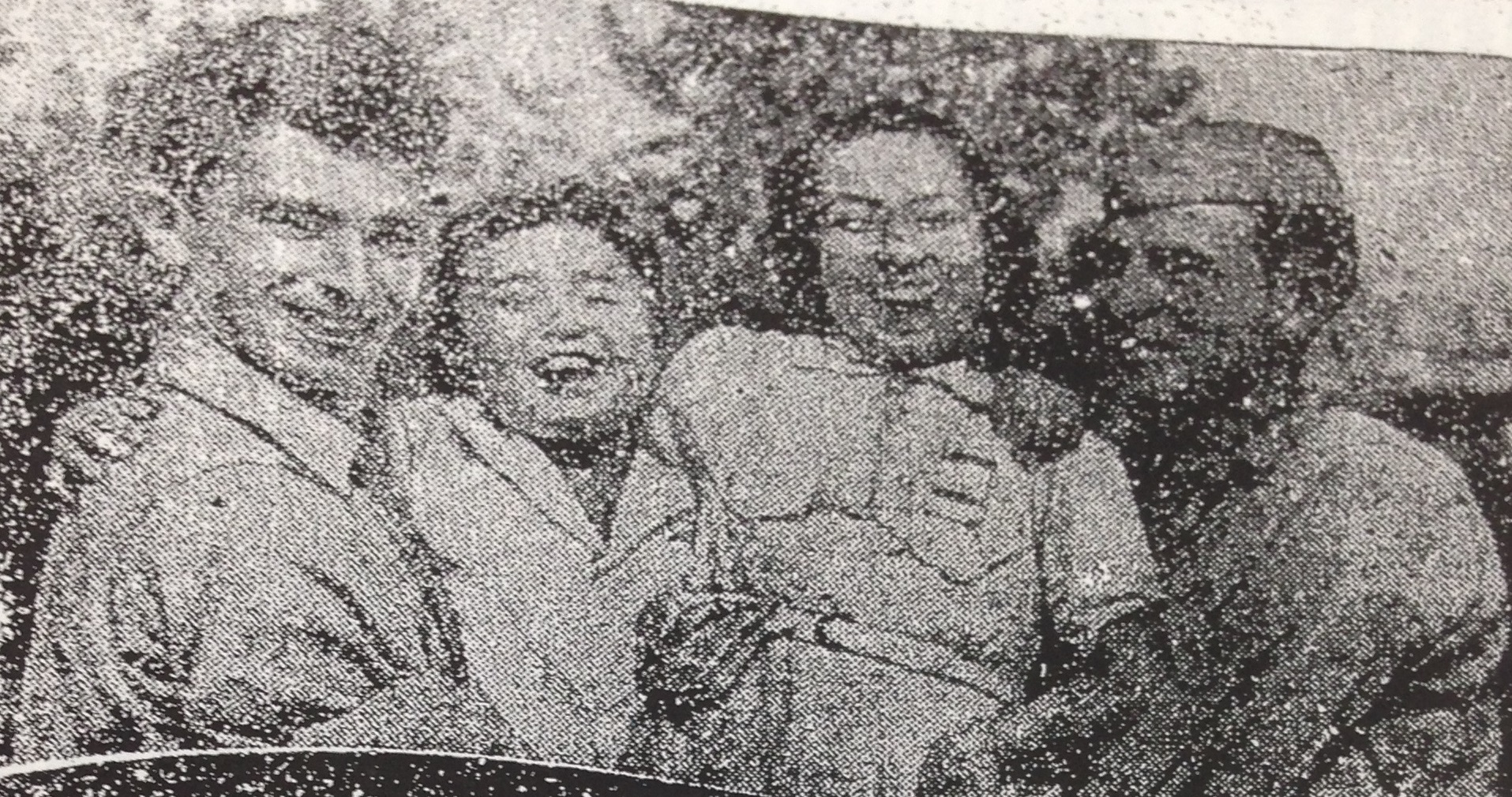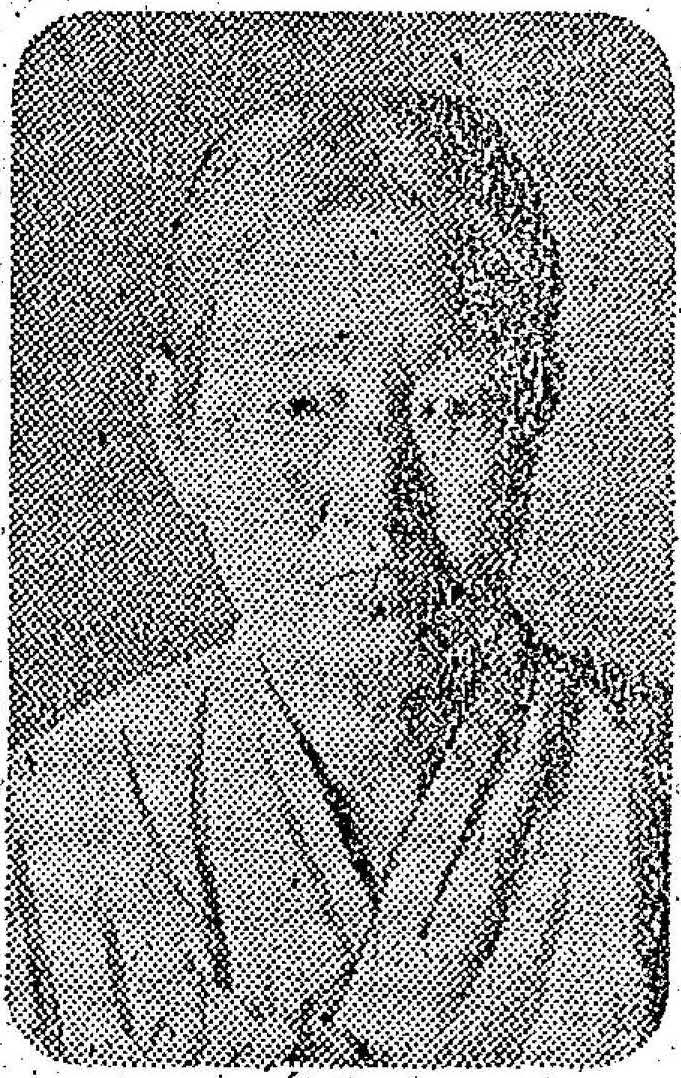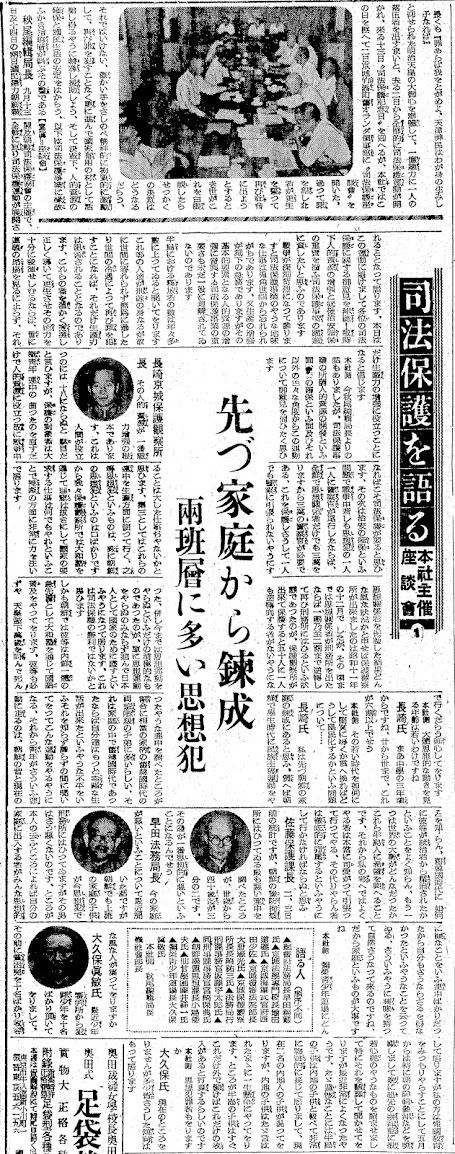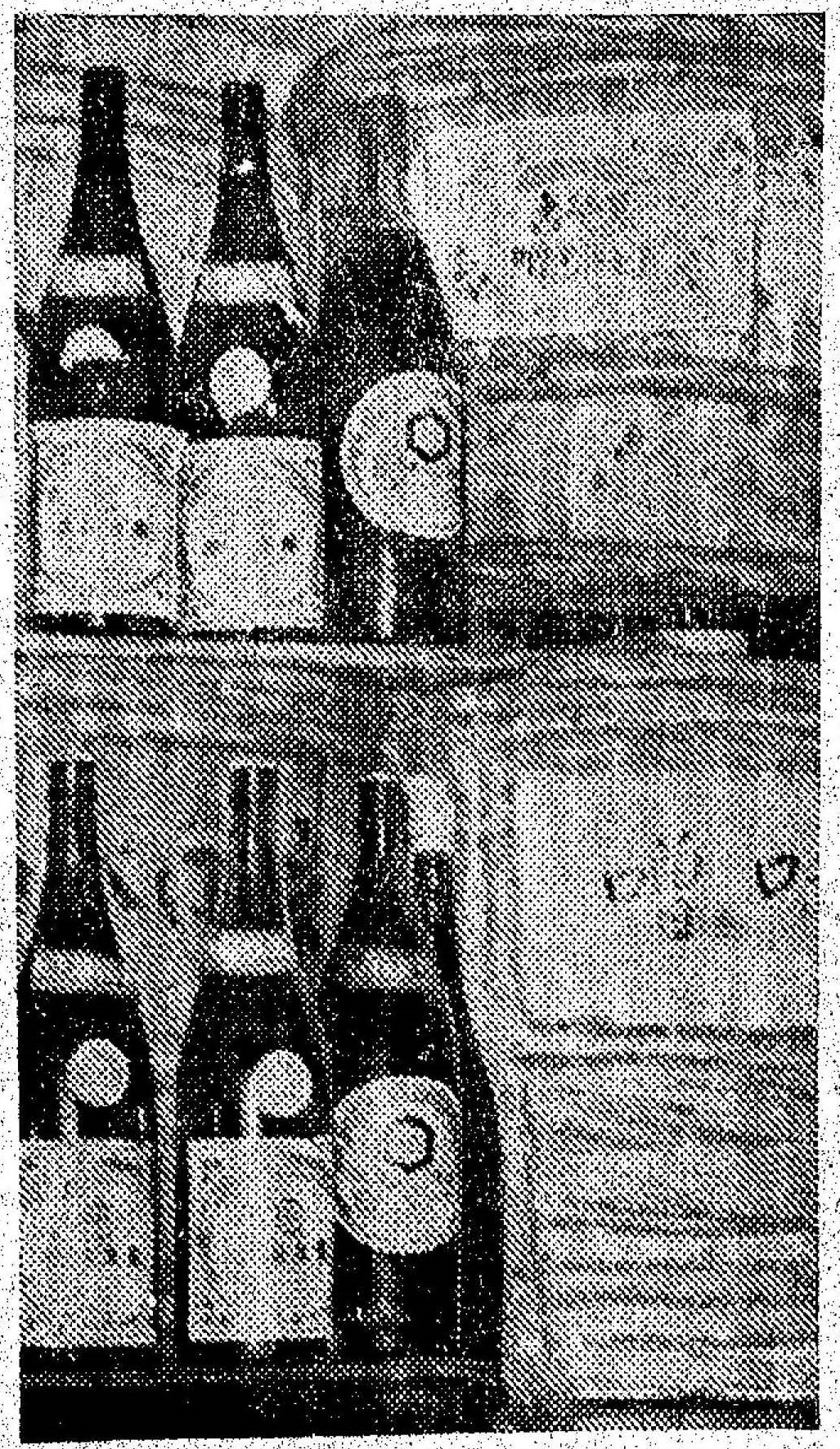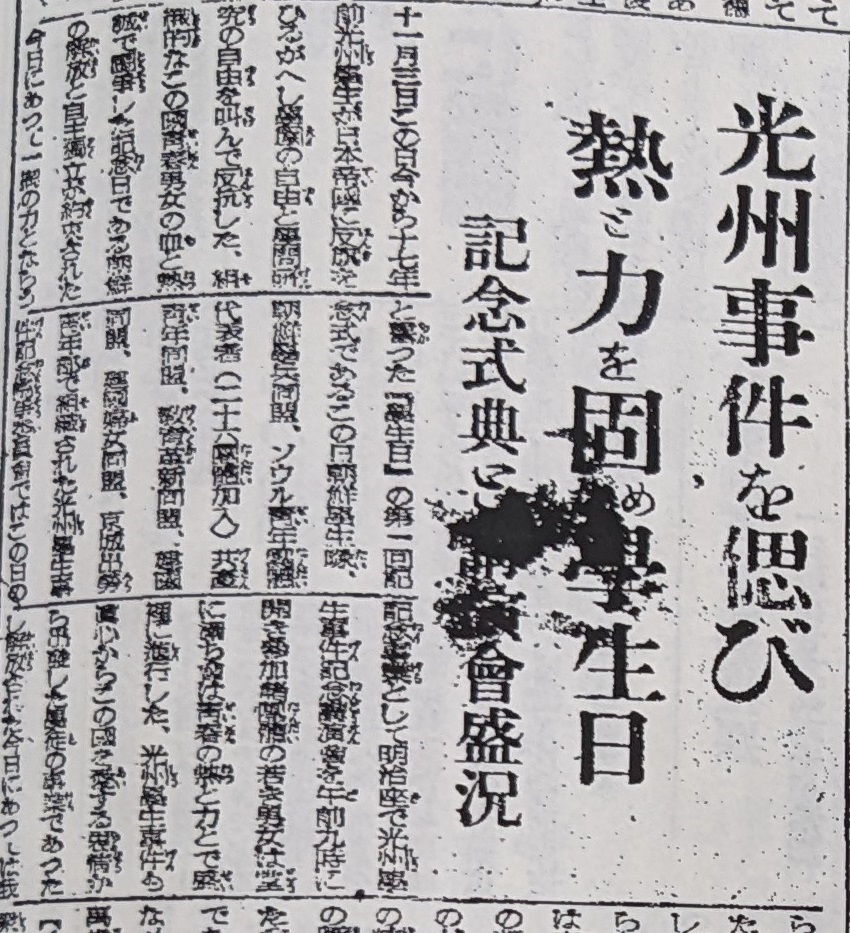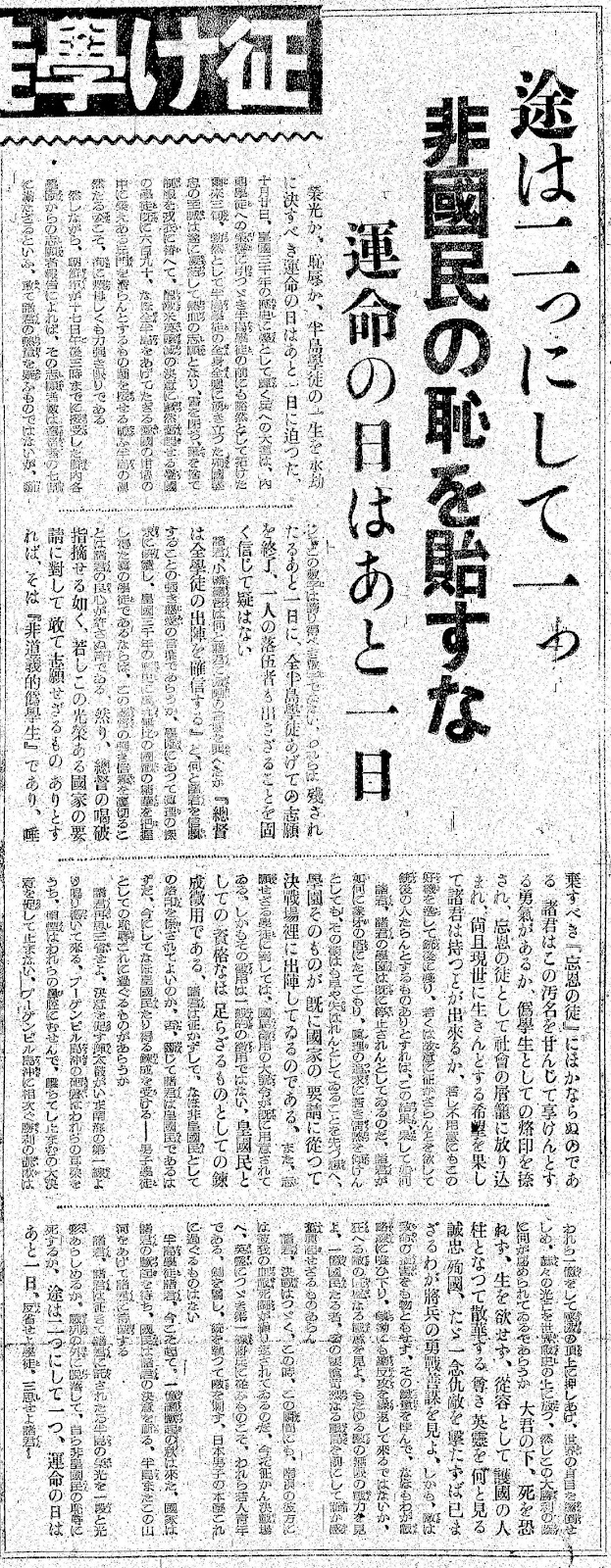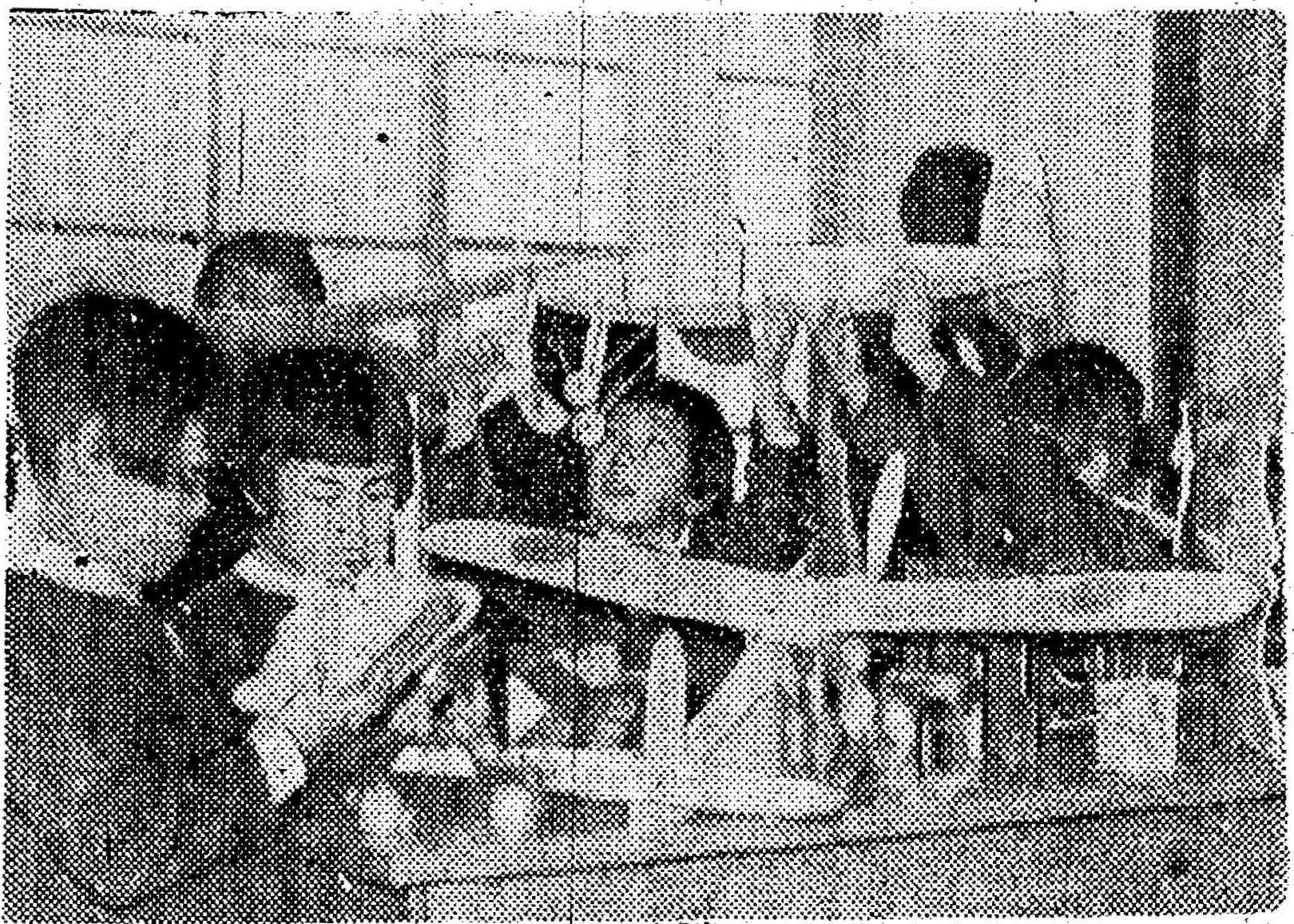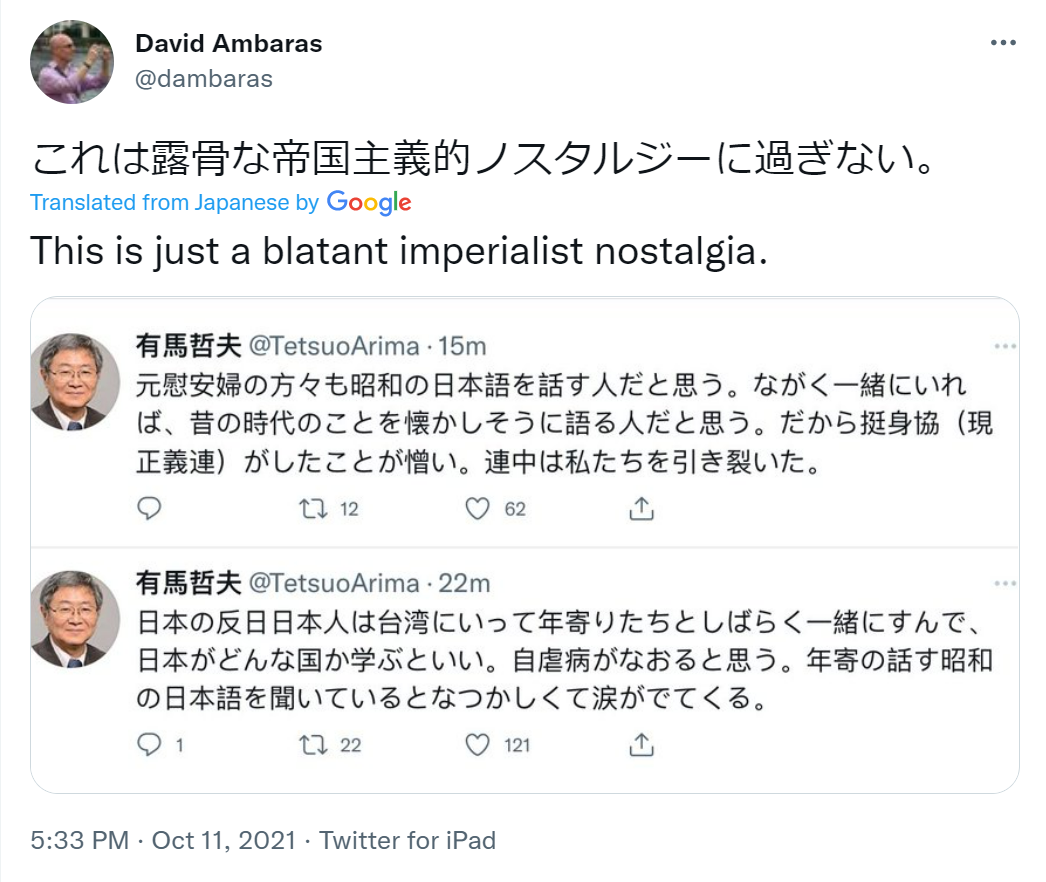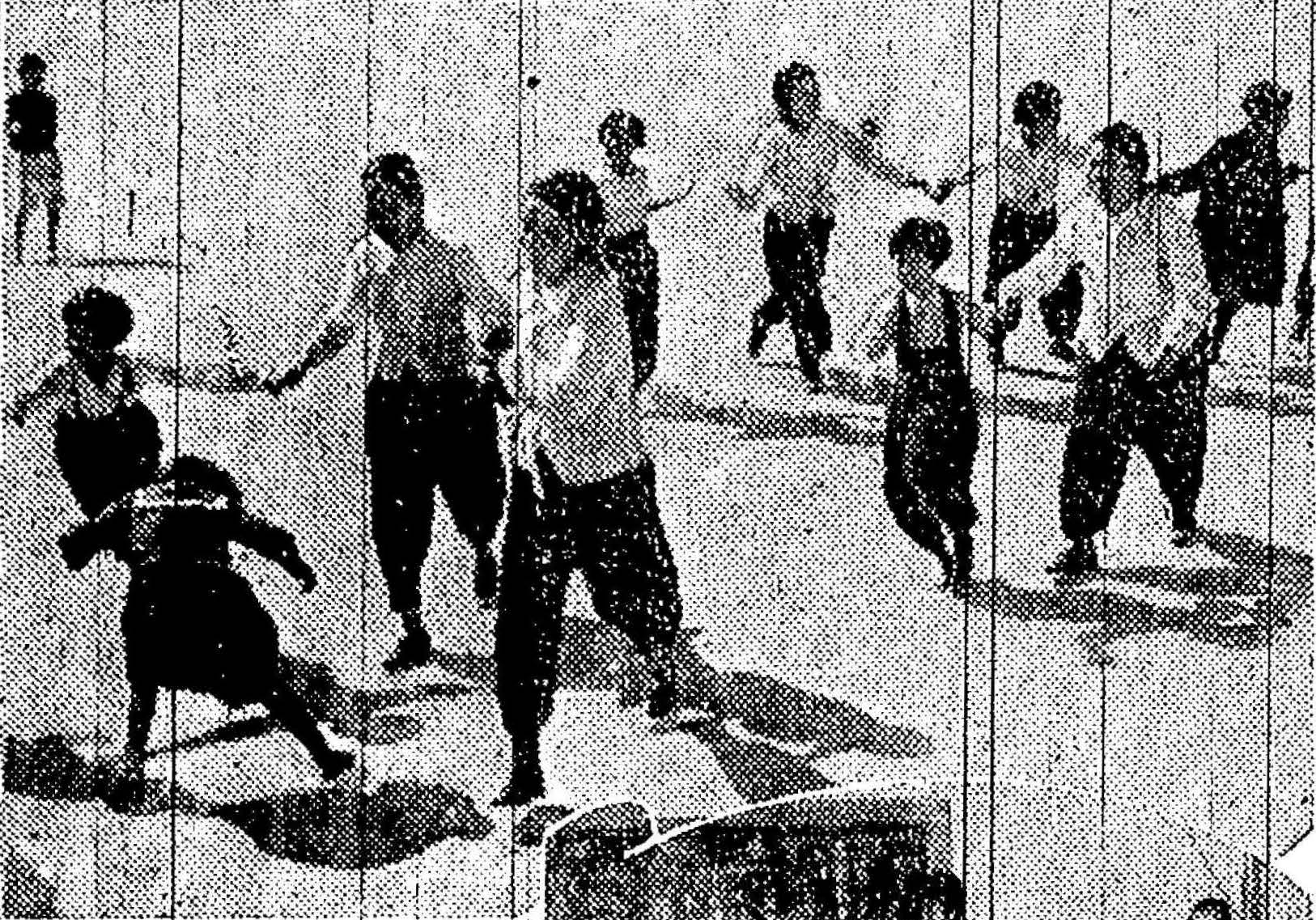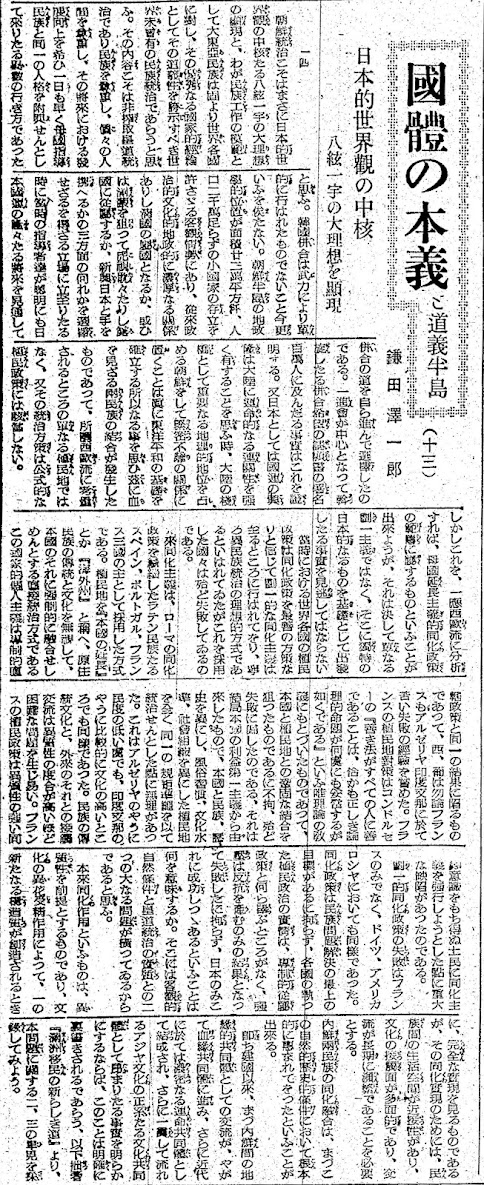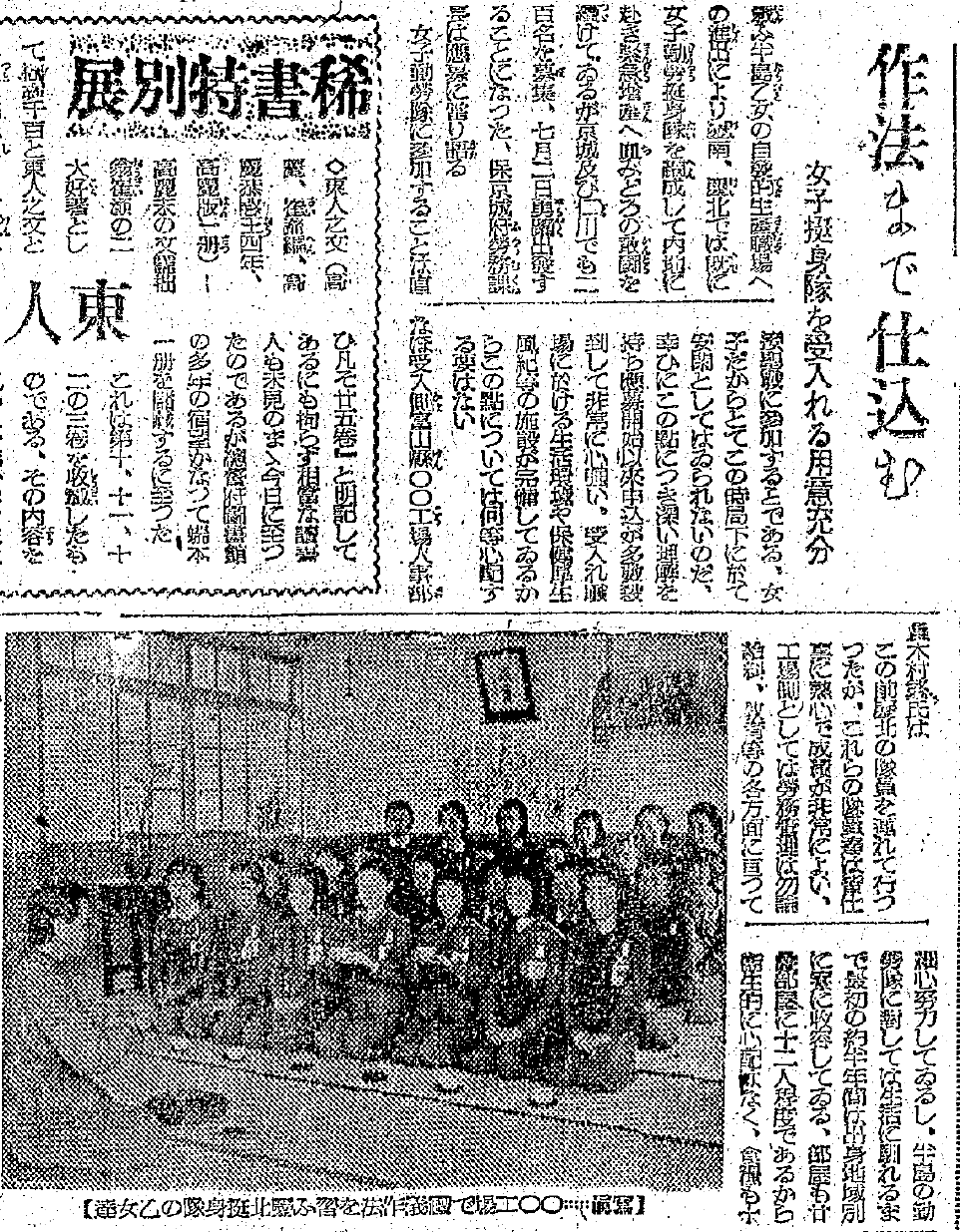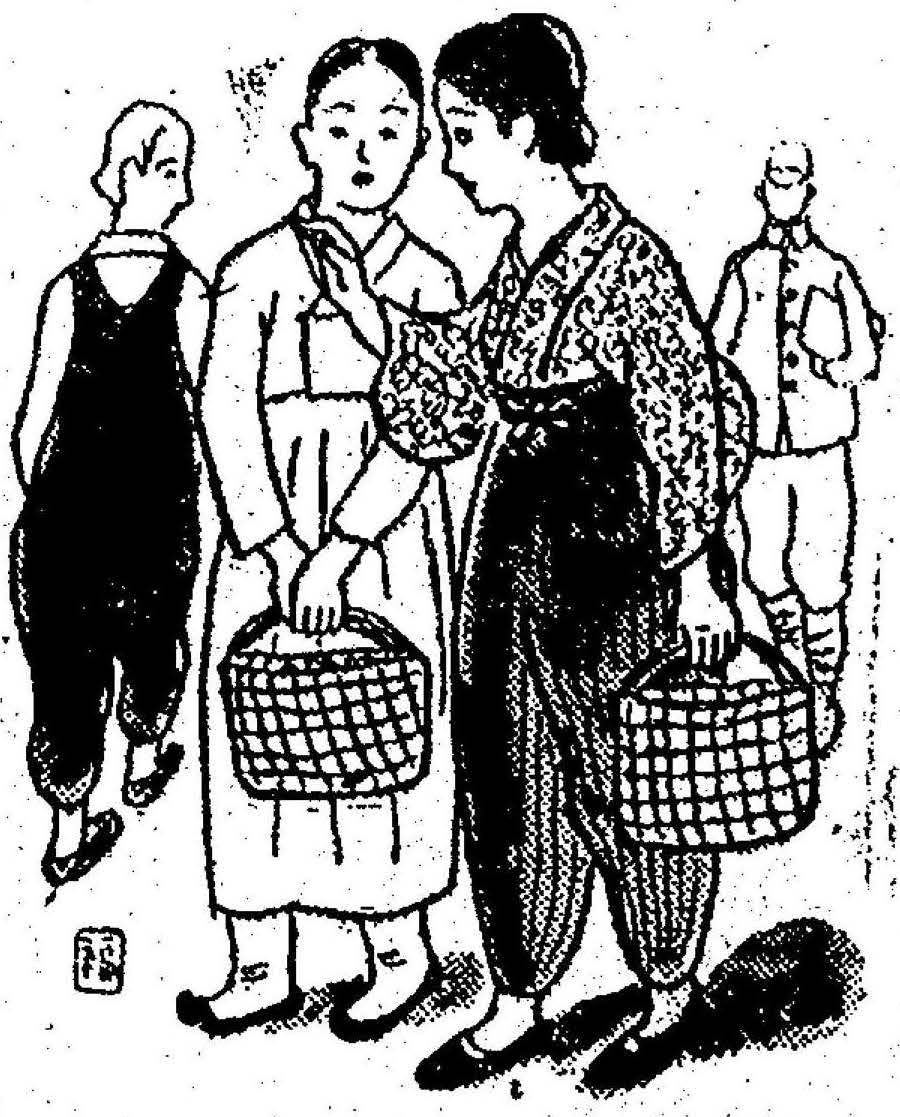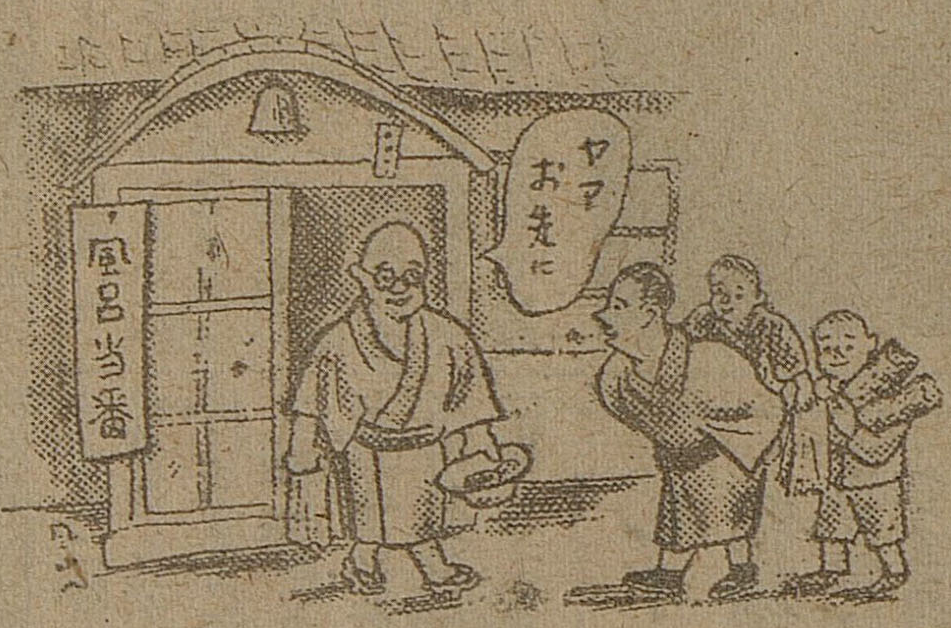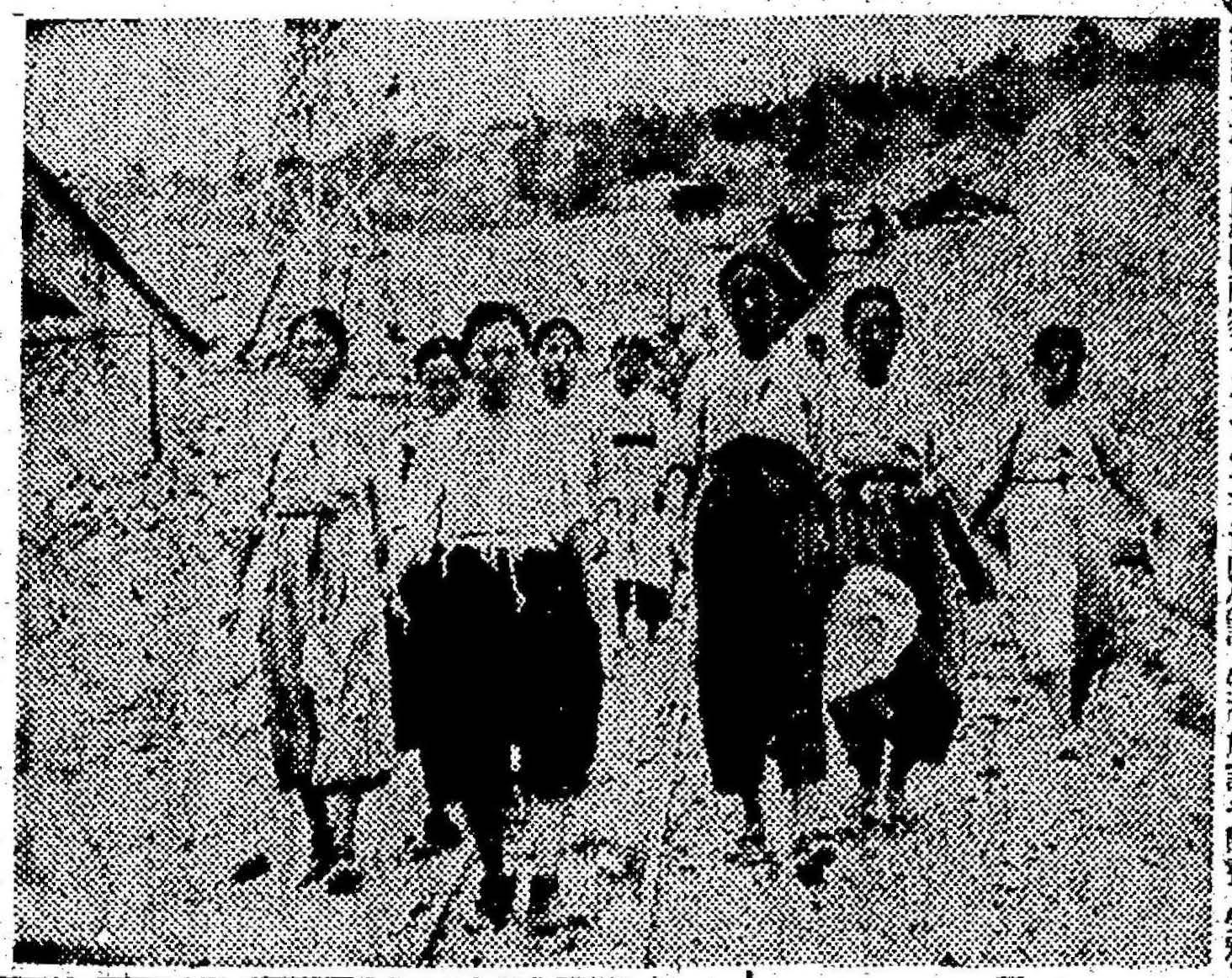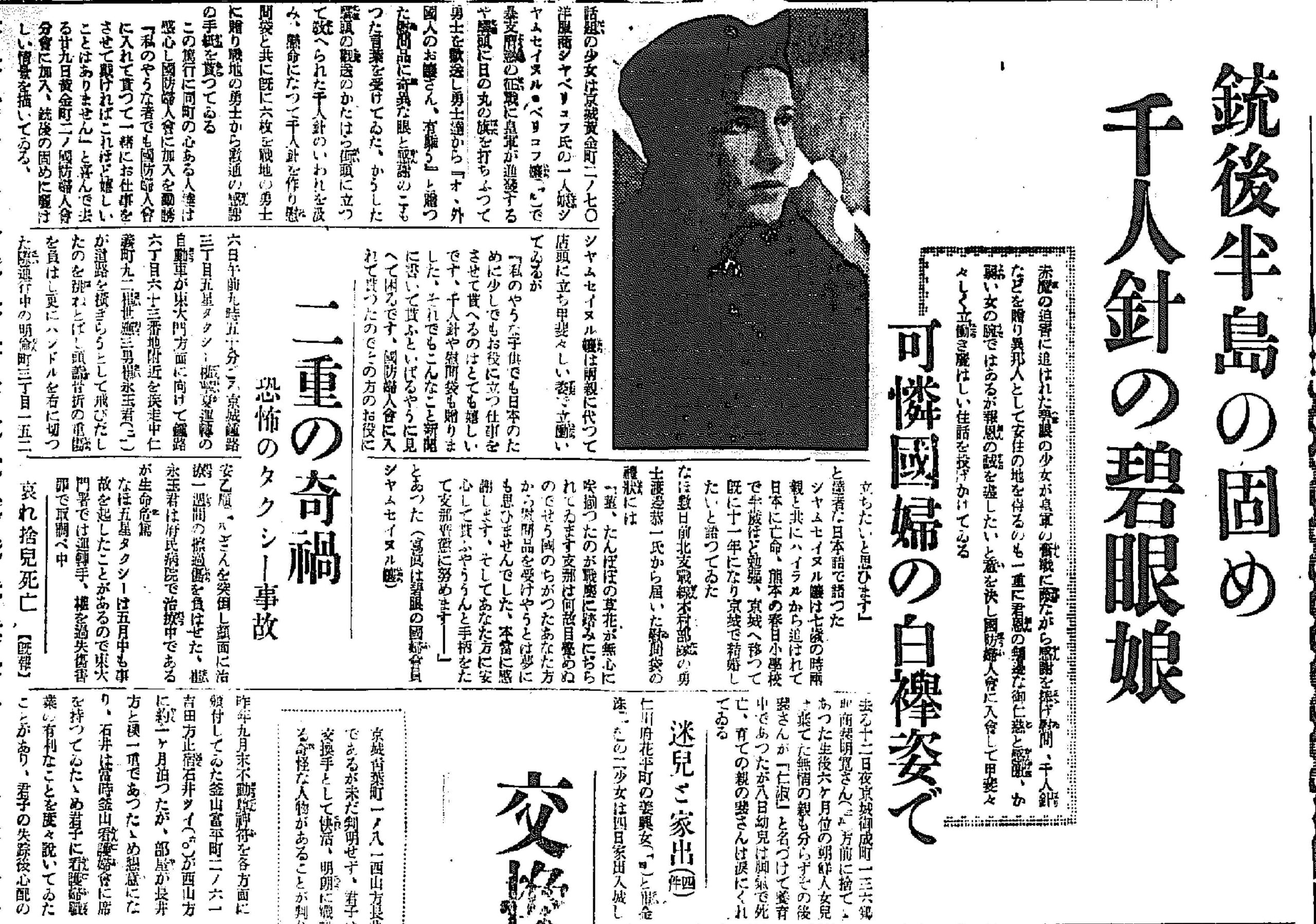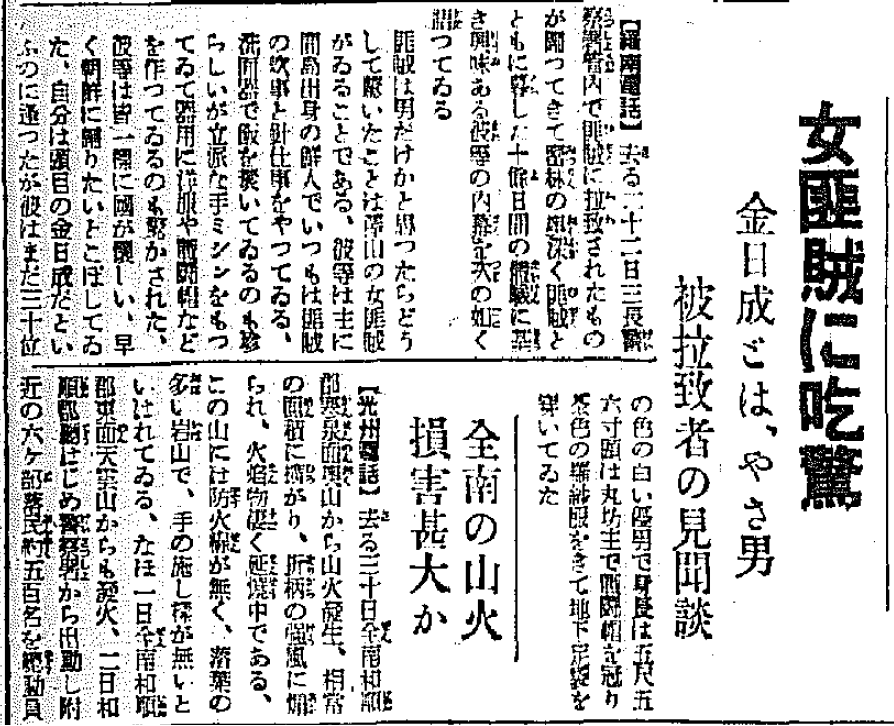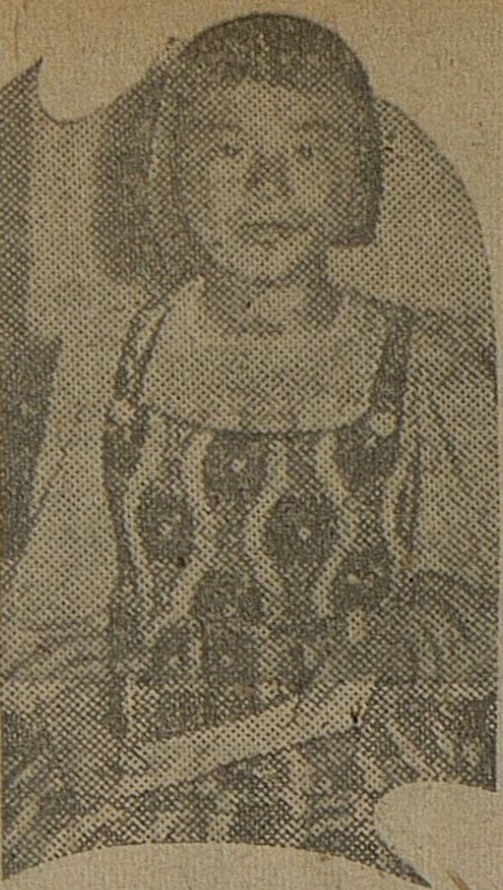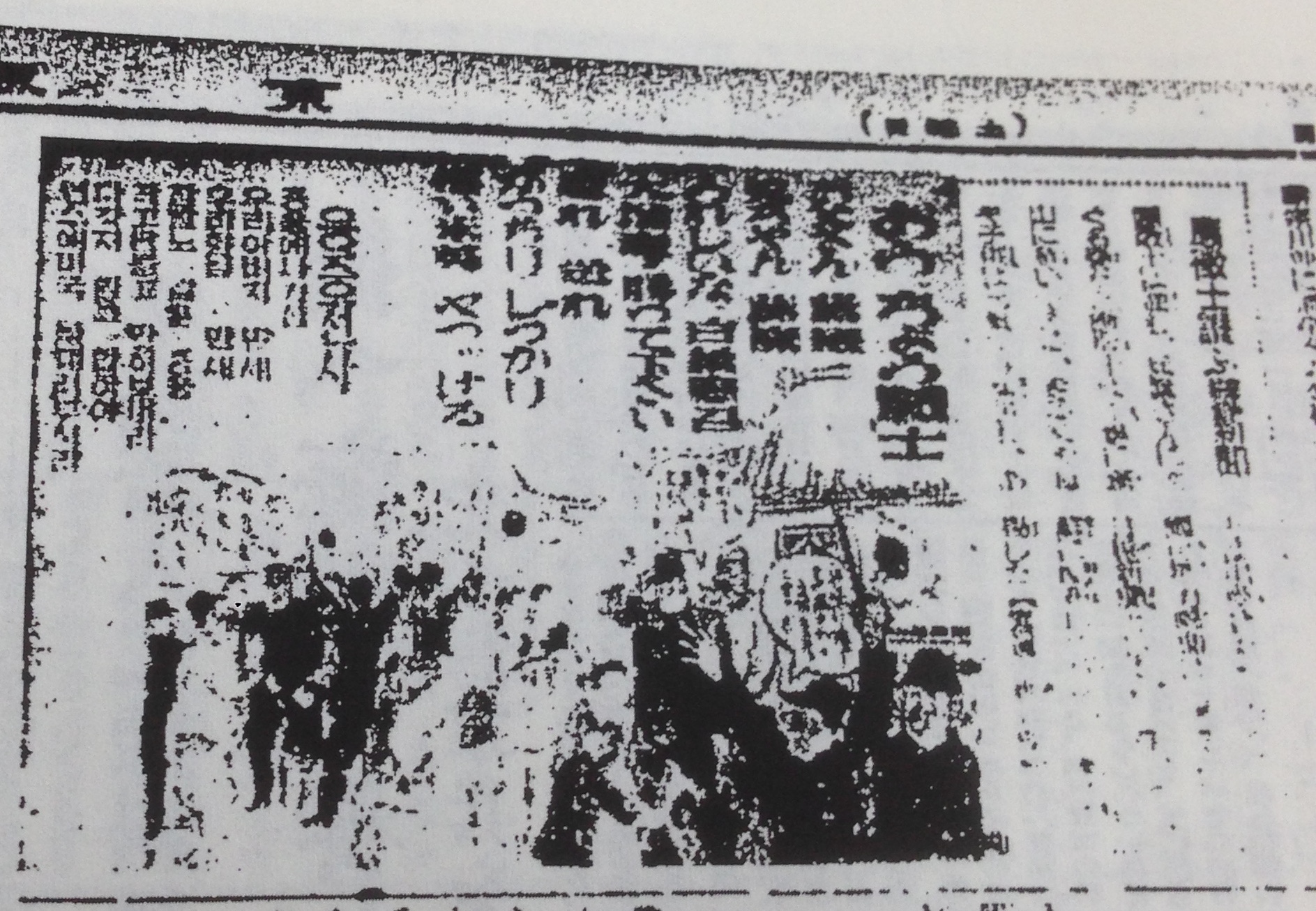
This is the only known bilingual Japanese-Korean wartime propaganda poster that Imperial Japan is known to have published on Keijo Nippo (October 7, 1944)
2023-10-15
406
524
This rare Korean-Japanese bilingual wartime propaganda poster, published in Keijo Nippo (Gyeongseong Ilbo) on October 7, 1944, was extremely interesting, since it was the only bilingual propaganda poster that I could find in the Keijo Nippo newspaper, which was the official propaganda mouthpiece of the Imperial Japanese colonial regime which ruled Korea from 1905 to 1945. That is significant, since I’ve been browsing this newspaper and posting content from it for two years now, and this is the only bilingual poster that I’ve encountered so far.
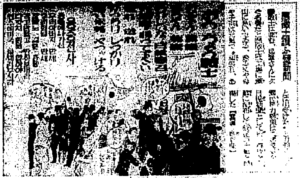
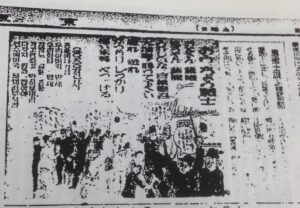
The copy of the poster from the Internet Archive was too faded to be decipherable, but the quality of the copy that I found at the National Library of Korea, which I visited last month, was marginally better, so I deciphered the Japanese part of the text with a relatively high level of confidence. Unfortunately, I still cannot figure out most of the Korean portion of the poster.
This bilingual poster was part of a recruitment drive to conscript more Koreans for military-related labor. This is the song on the poster in Japanese and Korean:
おうちょう(應徵)戦士
お父さん 萬歳
兄ちゃん 萬歳
うれしいな 白紙應召
大進撃 勝って下さい
送れ 送れ
がっちり しっかり
憎い米英 やっつける
응중전사
…
우리아버지 만세
우리형 만세
…
[Translation]
Conscription Soldier
Father, may you live long!
Elder brother, may you live long!
How joyful it is, White Paper Conscription!
Please win the great offensive!
Send them, send them!
Firmly, steadfastly,
Defeat the hated Britain and America!
[End of translation]
In Imperial Japan, there were different types of conscription orders differentiated by the color of the paper that they were printed on: red (赤紙, Akagami), white (白紙, Hakushi), blue (青紙, Aogami), and also pink paper (紅紙, Kōgami).
The White Paper conscription mentioned in this song was used for “educational conscription” and training-related activities, such as “教育召集” (educational conscription), “演習召集” (training mobilization), and “簡閲点呼” (roll-call inspection). Both the Army and Navy could issue white paper orders.
In practice, that probably meant that young students were mobilized for military-related labor, being shipped out to the factories of mainland Japan or to augment farm labor shortages, for example.
Red and pink papers were generally used for calling people into active military service, and blue papers were used for short-term homeland defense, particularly against events like air raids. The issuing of these orders was a way to manage the different needs and urgencies of military and homeland activities during the war period.
If you are fluent in Korean, I could really use your expertise and keen eyes to decipher the rest of the Korean text based on the two copies of the poster, the original Japanese text, and my English translation. The text is incredibly faded, to the point where even someone well-versed in the language might find it challenging to decipher. The odds of deciphering the Korean text might be long, but even some tentative guesses would be of immense help in reconstructing this extremely rare historical artifact.
More Reading about White Paper Conscription (in Japanese): https://adeac.jp/minato-city/texthtml/d110050/mp100010-110050/ht000750
Internet Archive Copy of Poster: https://archive.org/details/kjnp-1944-10-07/page/n2/mode/1up
Edit: Corrected 만새 to 만세
